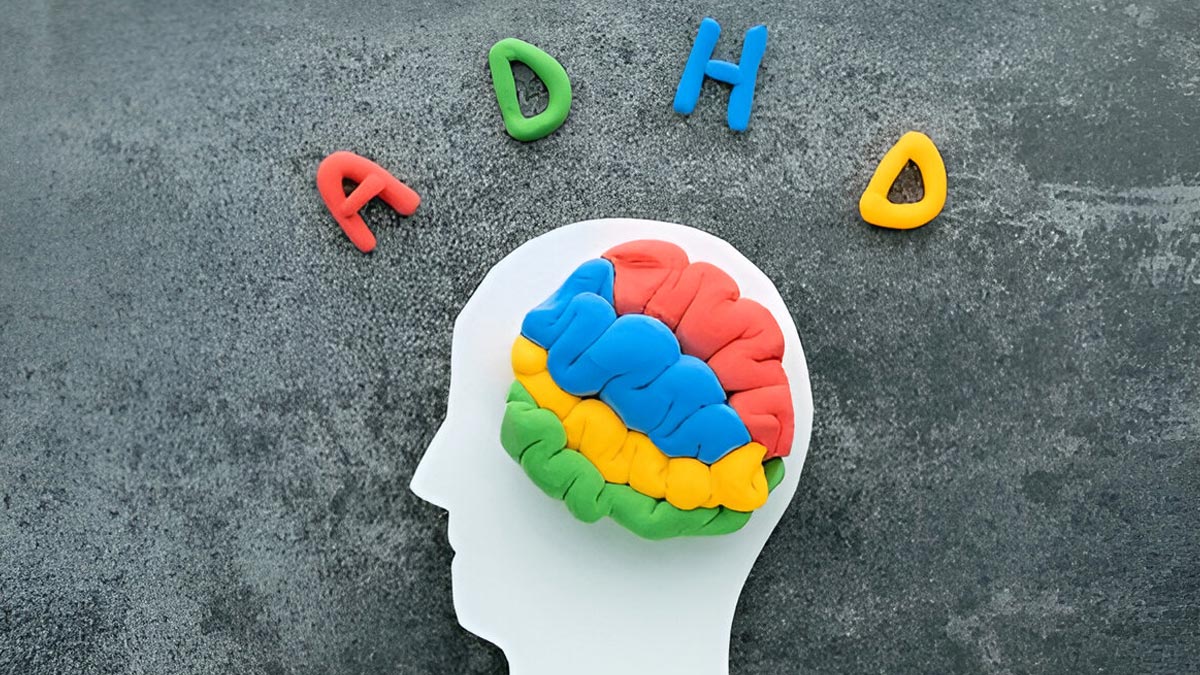
Pregnancy is often described as a beautiful journey filled with excitement and dreams of holding your baby for the first time. But along with joy, many expecting mothers also experience stress, whether it’s about health, finances, work, or family responsibilities. It’s natural to worry, but could these stress levels affect your baby’s brain development? Could they even increase the chances of Attention Deficit Hyperactivity Disorder (ADHD) later in life? Experts say there’s a connection worth understanding.
Table of Content:-
What Is ADHD?

ADHD is a neurodevelopmental disorder, where children exhibit symptoms of hyperactivity, impulsivity, and difficulties in attention or performing tasks. Although genetics is certainly involved in ADHD, research indicates that maternal stress, when pregnant, especially in the last trimester, increases the likelihood of ADHD in children,” explained Dr Ruchi Golash, Paediatrician, CMRI Kolkata.
The Journal of Psychiatry & Neuroscience states that children with ADHD tend to show more severe symptoms if their mothers were exposed to moderate to severe stress during pregnancy, as compared to those mothers who were not exposed to prenatal stress. This highlights the importance of reducing stress in pregnant women.
Also Read: Pregnancy Mood Swings: What’s Normal, What’s Not, And When To Seek Help
How Can Stress Affect the Baby During Pregnancy?

When a mother experiences high levels of stress, her body responds by activating the sympathetic nervous system, the same system that prepares the body for ‘fight or flight.’ This reaction increases uterine artery resistance, which means less blood and oxygen reach the foetus.
Stress during pregnancy, especially in the later months, can impact normal brain development in the foetus. “One key factor is cortisol, a stress hormone that crosses the placenta. Excess cortisol can interfere with the hypothalamic-pituitary-adrenal (HPA) axis, which regulates growth and behavior. Over time, these changes can affect how a child manages attention, emotions, and activity levels,” added Dr Golash.
Why Does This Happen?
Hormonal changes play a big role. Priyanka Kapoor, Psychotherapist and Family Counsellor, Mumbai, added that stress triggers the release of hormones like adrenaline and cortisol, which can cause a hormonal imbalance in the mother’s body. “Prolonged stress may also increase the risk of premature delivery, which in turn can lead to incomplete brain development. The brain is developing rapidly during all three trimesters, so both physical and emotional stress can have lasting effects,” she said.
Does Stress Alone Cause ADHD?

Experts clarify that stress alone does not cause ADHD. “Rather, it increases the likelihood, especially when combined with genetic vulnerability or other risk factors. If a baby is genetically predisposed to ADHD, maternal stress can amplify that risk,” said Dr Golash. So, while stress is not the sole cause, it is a significant contributor when paired with other factors.
Also Read: #ExpertTalk: Can ADHD Induce Anxiety? Find Out Here
Common Sources of Stress for Expectant Mothers
Pregnancy brings its own set of challenges, but some stressors are more common than others:
- Financial concerns and job insecurity
- Relationship issues with a partner
- Lack of family support
- Health complications during pregnancy
- Social pressures and expectations
Recognising these triggers is the initial step in controlling them.
Can Stress Be Managed?
The good news is that early intervention works. Ensuring mothers receive emotional, mental, and social care while pregnant will considerably reduce stress levels and, consequently, the risk of complications, such as ADHD. Here are a few expert-recommended tips:

- Ask for emotional support: Don't be shy from communicating with your partner, friends, or even a counselor.
- Apply relaxation exercises: Deep breathing, meditation, and gentle prenatal yoga can soothe the mind.
- Seek professional assistance: Counseling and support groups for pregnant women can become a real help.
- Lead a healthy lifestyle: A well-balanced diet, proper sleep, and gentle physical exercise are necessary for stress management.
Bottomline
Pregnancy is a period of great change, both physically and emotionally, and some stress cannot be avoided. But long-term, unmanaged stress can affect both mother and child. Although ADHD has a strong genetic link, pregnancy stress in mothers is something that parents can influence by good help and care. Encouraging mothers to get help and put their mental health first is as vital as prenatal appointments.
Also watch this video
How we keep this article up to date:
We work with experts and keep a close eye on the latest in health and wellness. Whenever there is a new research or helpful information, we update our articles with accurate and useful advice.
Current Version